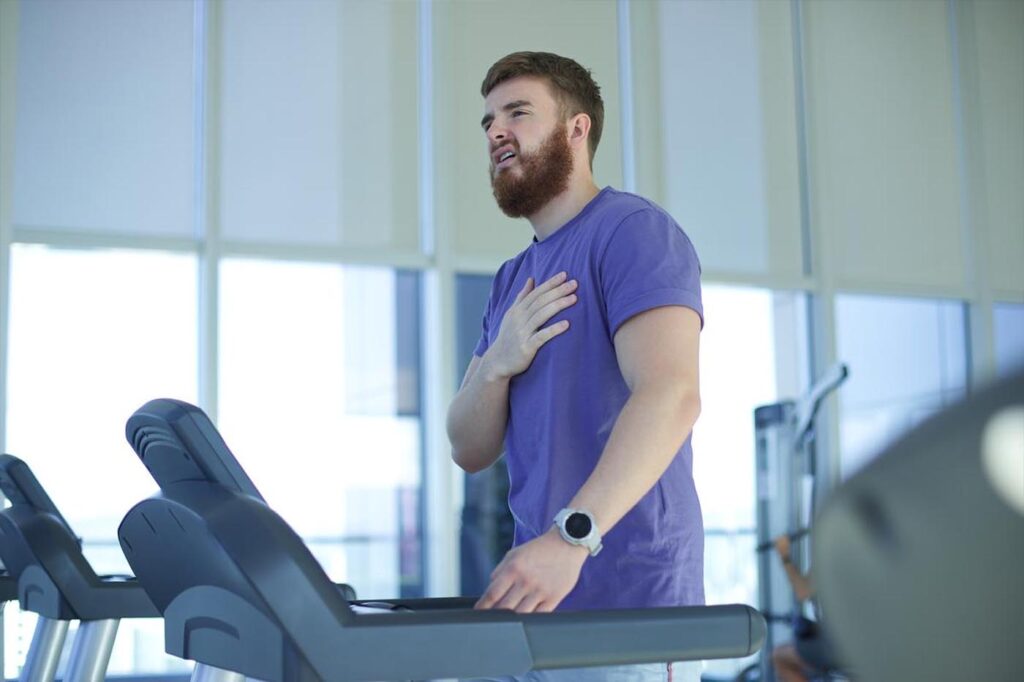
Experiencing a heart attack during a gym session is concerning, and being aware of potential risks is crucial. Even celebrities have fallen victim to this alarming trend. The problem lies not in exercising itself but in how it’s done. Gym workouts are an excellent way to maintain health and fitness, but making inevitable mistakes can lead to serious health issues, including heart attacks. Here are essential methods to prevent heart attacks for those who hit the gym:
Prioritize Warm-up:
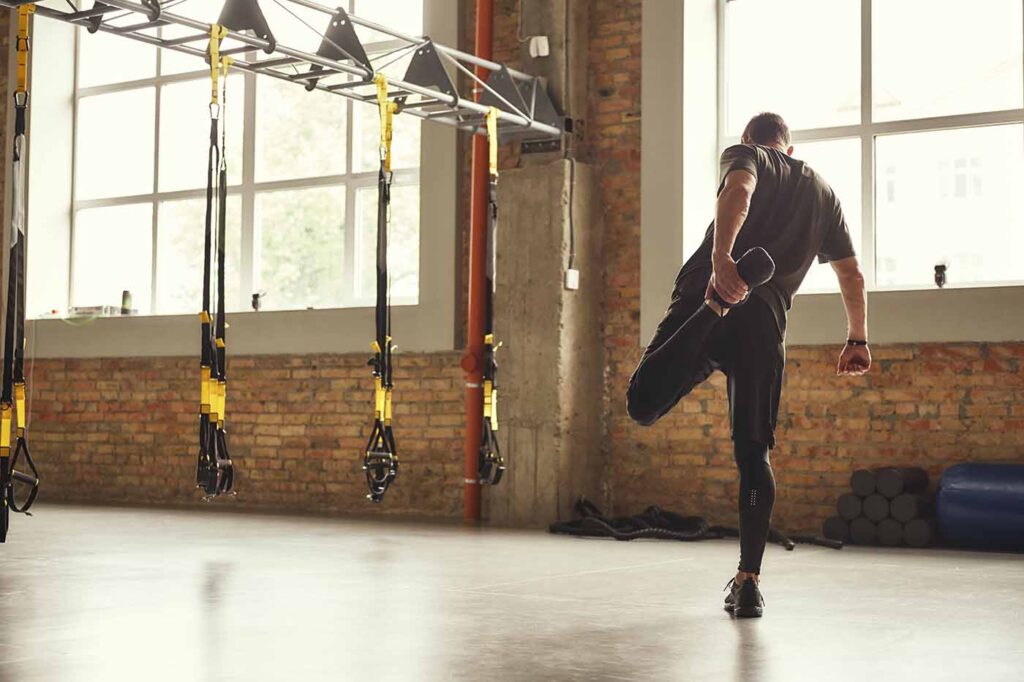
Prioritizing a thorough warm-up before diving into weightlifting or intense exercises is vital. This practice is more than just a routine; it’s your body’s way gearing up for action. Think of it as a gentle nudge to your cardiovascular system, prompting increased heart rate and improved muscle flow. With this crucial step, you can avoid putting excessive strain on essential organs, including the heart. So, take the time to warm up adequately – it’s your safeguard against potential health consequences and an intelligent way to ensure a safe and effective workout.
Stay Hydrated:
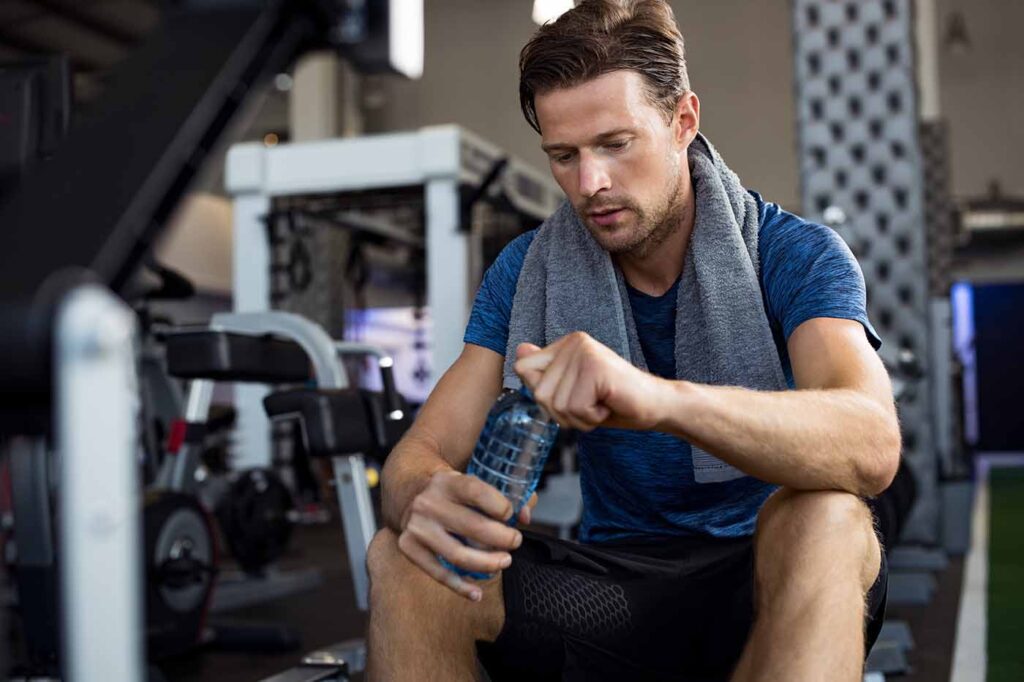
Staying hydrated during your workouts is crucial. When you exercise, especially sweating, your body loses precious fluids. Failing to replenish them can have serious consequences. Dehydration not only increases the risk of, well, more dehydration, but it can even potentially trigger a heart attack. So, here’s the golden rule: make sure you’re sipping on water consistently, both before you hit the gym, during your workout, and afterward. It’s your shield against dehydration and a precaution to keep your heart in top form during your fitness journey.
Avoid Immediate Exercise After Eating:
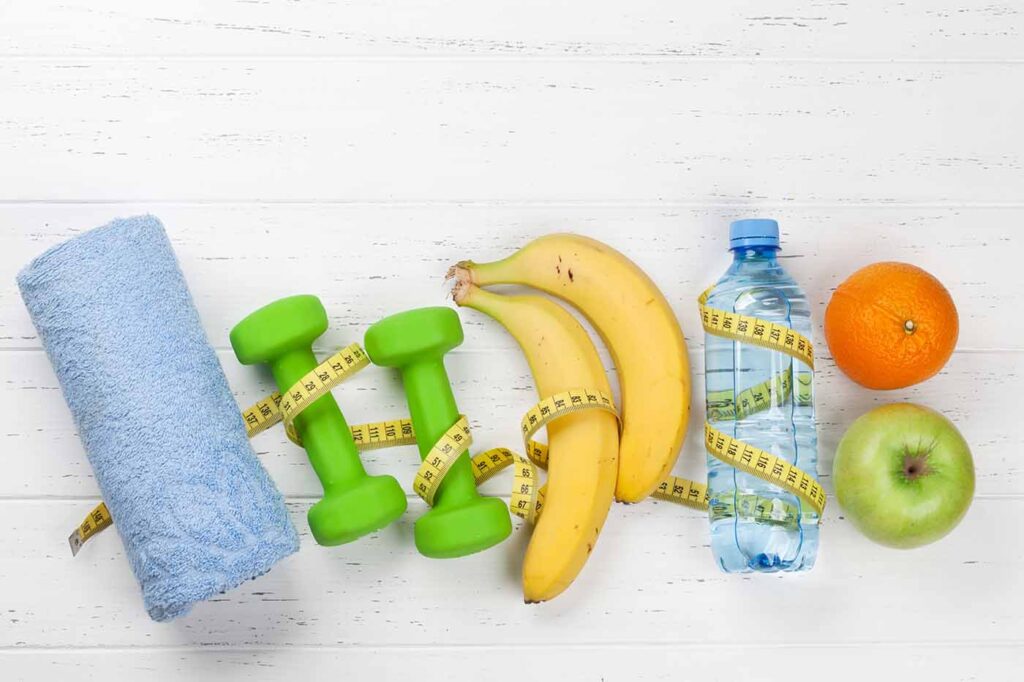
Steer clear of immediate exercise after a meal – a recipe for potential digestive distress. When you work out right after eating, your body redirects blood flow from your stomach to your muscles, which can result in uncomfortable indigestion and other digestive woes. The best practice is to give your body time to digest your meal correctly before diving into any physical activity. This simple yet essential precaution ensures a more comfortable and effective workout while keeping those tummy troubles at bay.
Cool Down After Workout:

Don’t forget the cool-down after your workout – it’s just as important as the warm-up. Warming down properly helps your body return to normal after an intense session. It’s like hitting the reset button for your heart rate and blood pressure, significantly lowering the risk of potential complications like blood clots. Incorporating this essential step into your fitness routine ensures a safer and more effective workout overall. So, remember to treat your body right and let it cool down gracefully – your heart will thank you for it.
Gradual Intensity Increase:
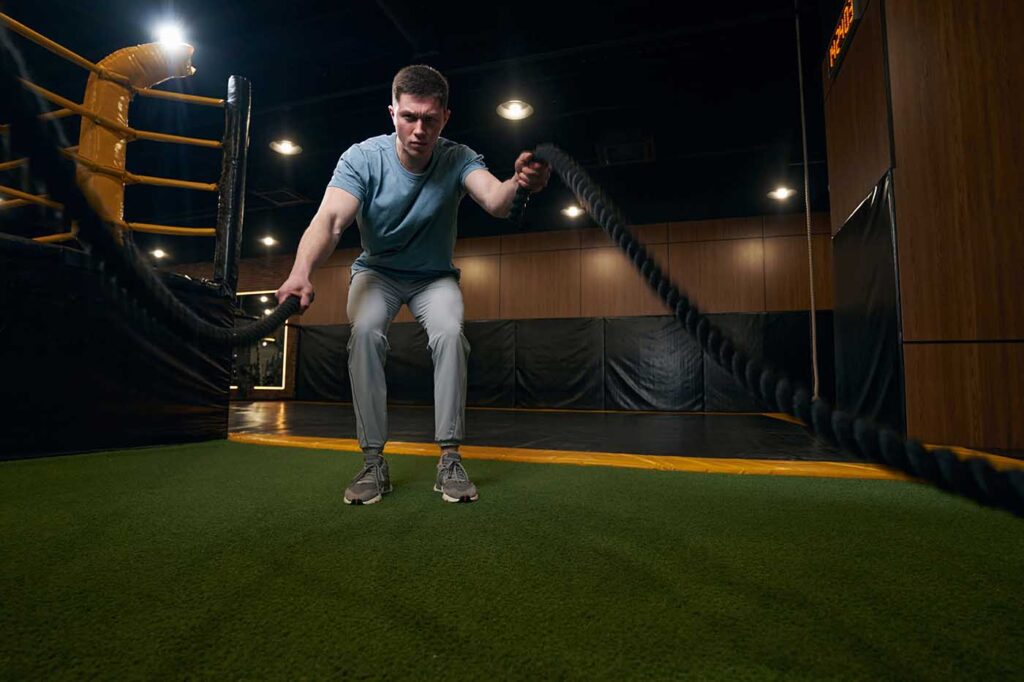
If you’re new to the fitness game, here’s a golden rule: take it slow and steady. Rushing into intense workouts can put undue stress on your heart, a risk you don’t want to take. Instead, focus on gradually increasing your training sessions’ duration and intensity. Think of it as building a solid foundation before aiming for the skyscraper. This approach safeguards your heart and ensures a more sustainable and effective fitness journey. So, remember, it’s all about the gradual climb – your heart will thank you for your patience.
Recognize Warning Signs:
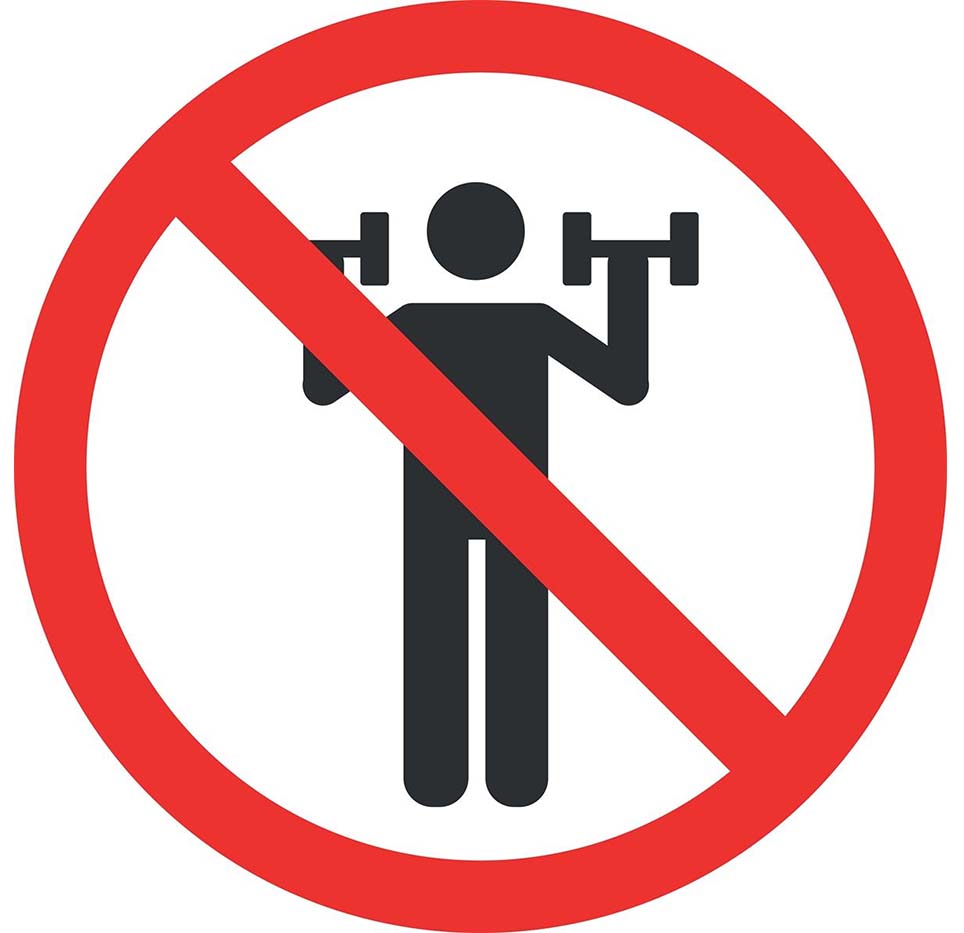
Listen to your body’s signals – they could be lifesavers. If you’re working out and suddenly experience chest pain, shortness of breath, dizziness, lightheadedness, or excessive sweating, it’s time to hit the pause button immediately. These are potential warning signs of a heart attack; ignoring them is not an option. Your top priority should be seeking medical help promptly. Continuing to exercise in the face of these symptoms can be extremely dangerous. So, be vigilant, prioritize your health, and remember that it’s always better to be safe than sorry when it comes to your heart.
Exercise should be a boon for your health, not a bane. By following these precautions, you’re taking a vital step towards ensuring that your time at the gym is productive and safe. Ignoring these guidelines can lead to harmful consequences, especially in your heart. Remember, the key is to exercise with care and always listen to your body. Your well-being should be your top priority; these safety measures are your best allies in achieving a healthier, fitter you. So, lace up those sneakers and hit the gym, but do it wisely – your body and heart will thank you.
